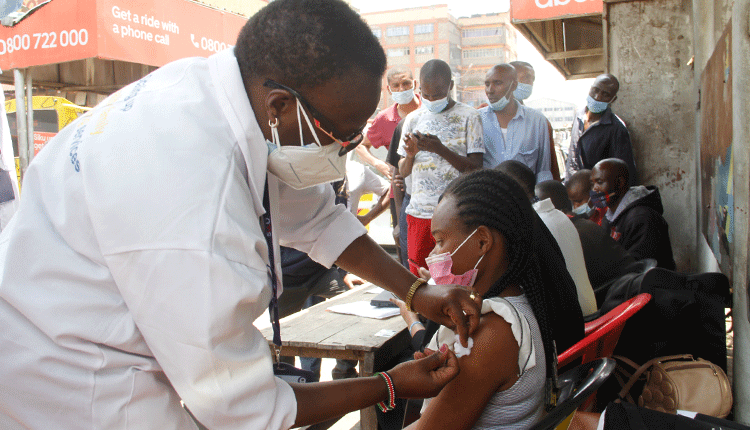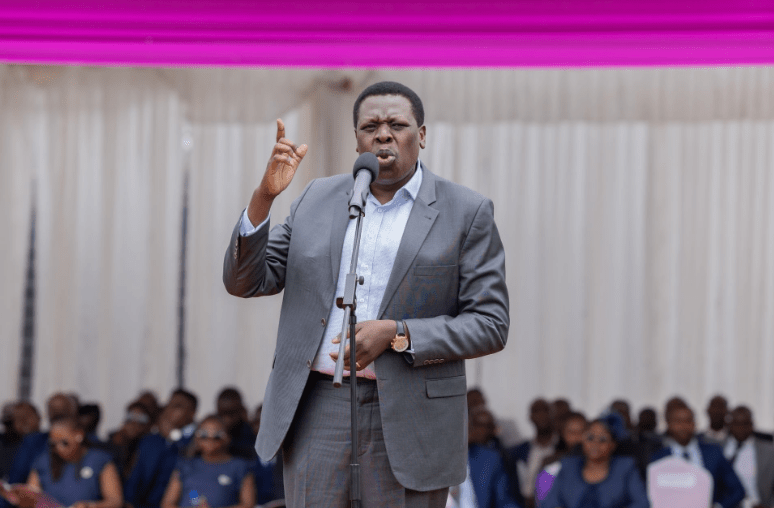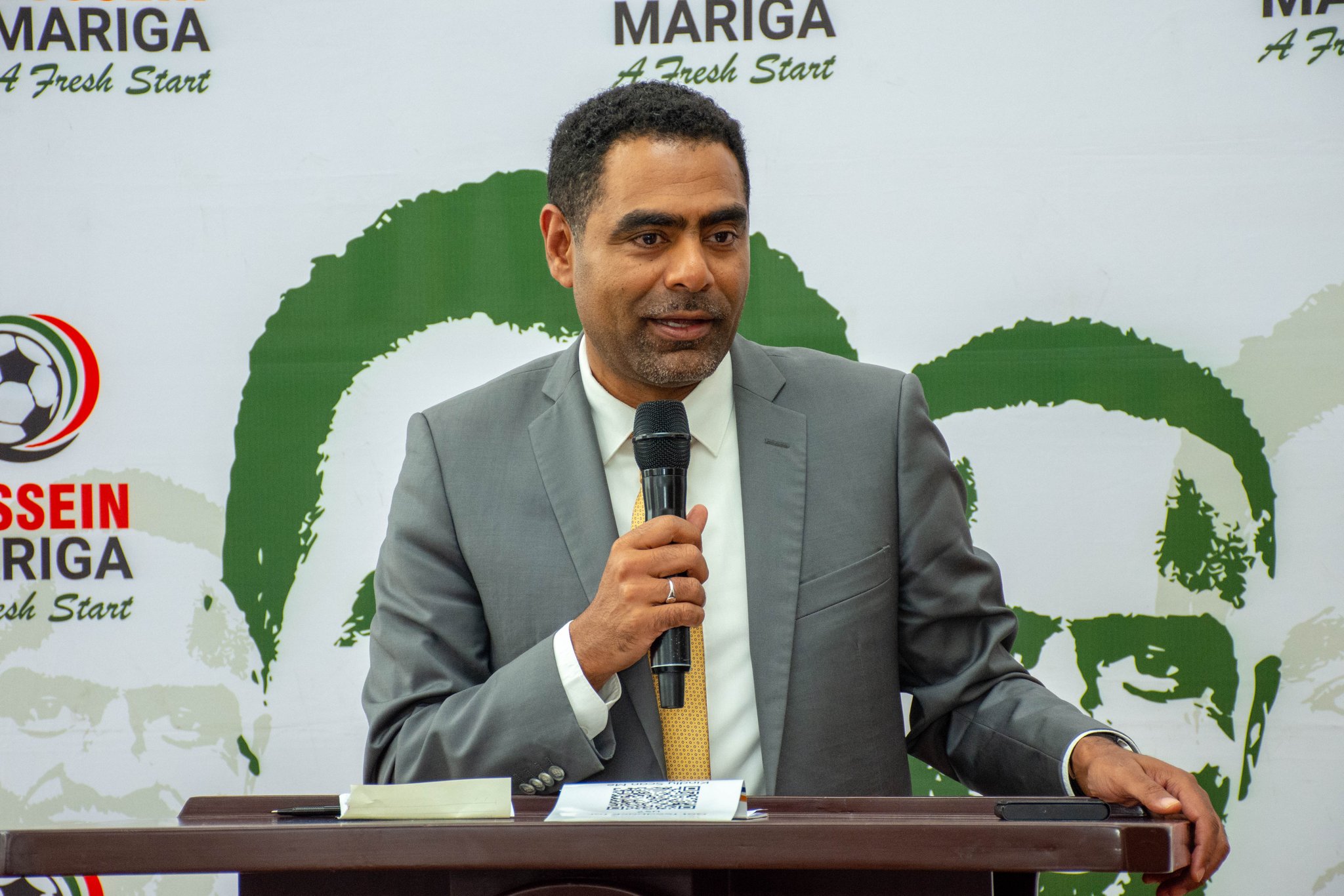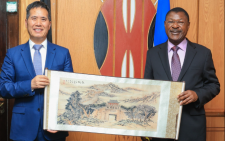Developing countries have now come of age

Although the Covid-19 pandemic has had deep social and economic ramifications globally, it has resulted in surprising outcomes.
While the pandemic hit developed economies hard, developing countries relatively weathered the storm beyond expectation. This shows that contrary to the narrative that they are completely vulnerable, developing countries are quite resilient.
According to the United Nations, South-South cooperation is a manifestation of solidarity among peoples and countries of the South that contributes to their national well-being, their national and collective self-reliance and the attainment of internationally agreed development goals, including the 2030 Agenda for Sustainable Development.
UN Secretary-General António Guterres has reiterated the same message by underscoring the crucial role of South-South Cooperation in responding to existential threats of Covid-19 and climate change. The call to unity between the South is also a theme addressed by China’s President Xi Jinping before in his remarks at the 13th BRICS (Brazil, Russia, India, China and South Africa) Summit.
In addition to the South’s contribution in the global fight against the pandemic, Xi noted the pivotal role of developing countries in safeguarding multilateralism, managing global economic and financial affairs, political and security cooperation, fighting terrorism, among other key areas. Over the last decade, these responsibilities have become too heavy and complicated to be left solely to the North.
Indeed, South to South cooperation has come of age. For instance, BRICS, which is a grouping of the world’s developing countries, has become a potent force for global change due to its massive economic clout and growing political influence. BRICS is offering leadership to other emerging economies that need economic counsel and capacity building particularly through both production and digital technologies.
The South comprises more than 40 per cent of the world’s population and over 20 per cent of global Gross Domestic Product. Moreover, developing countries have contributed to more than half of the world’s growth in recent years, with trade between countries of the south accounting for more than a quarter of all world trade. The massive growth of the big developing economies has enabled them to purchase raw materials from their counterparts at the same rates offered by the developed economies.
Generally, the problems facing many developing countries are similar. These include corruption, poverty, war, hunger, poor healthcare, low levels of education and crime. This creates a family of shared values, in which the countries can seek and share practical ideas that are applicable to their current development status.
The UN had the Global South in mind when creating the 17 Sustainable Development Goals. The goals range from fighting poverty and hunger to reducing inequalities and striving for clean water and sanitation. It is only through close cooperation, concerted effort and determination that developing countries can get out of poverty.
To achieve their full potential, developing countries must unite and up their game in all spheres. In terms of trade, they must formulate and adopt policies that move them a notch higher in terms of quality and value addition of their exports. This is basically the way of eradicating extreme poverty by increasing both private and public revenues.
They must make their internal politics work for them rather than against their national interests. This may mean exploring new paradigms away from those that have not transformed their societies for the betterment of their citizens.
Critically, the media in the South must help to redefine developing countries by telling authentic stories about their socio-economic and political narratives and speak truth to the North.
In the pursuit of their development goals, however, the South must avoid the mistakes developed countries made. Development must be accompanied by the fundamental principles of sustainability and inclusivity for it to be meaningful and permanent. In Guterres’ words in his recent message, South-South cooperation has become “more essential than ever”.
— The writer is a PhD student in International Relations.











